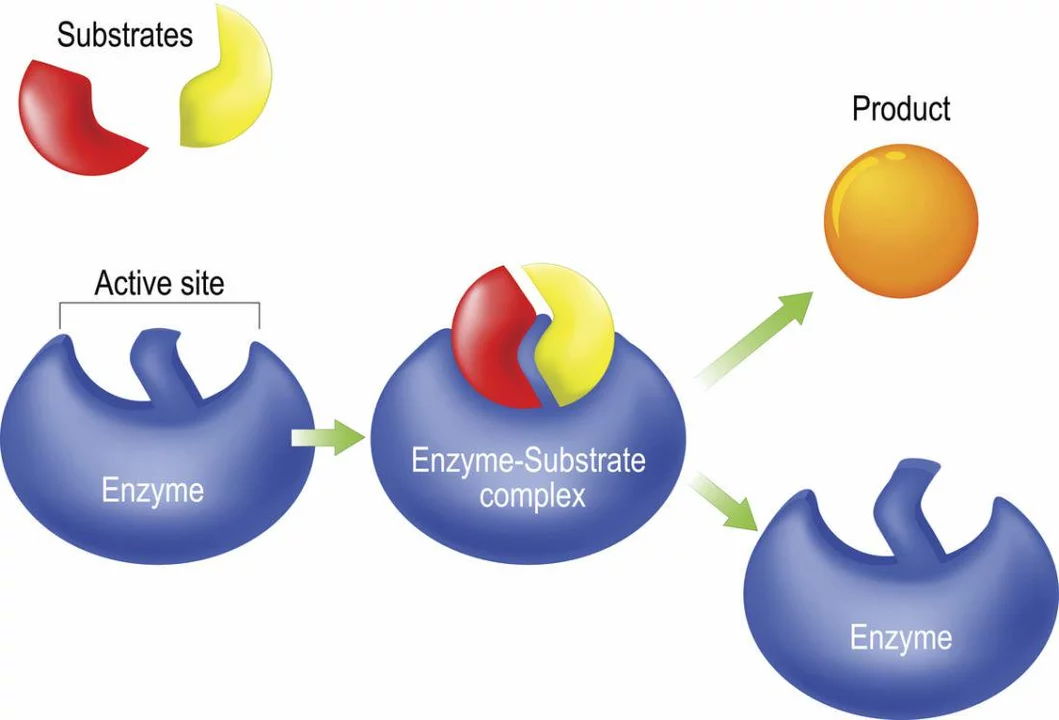Understanding the Role of Enzymes in Detoxification
Detoxification is a natural process our body undergoes to eliminate harmful substances and maintain overall health. Enzymes play a crucial role in this process, as they act as catalysts that break down toxins and facilitate their removal from the body. In this section, we will delve into the importance of enzymes in detoxification and how they contribute to our well-being.
The Different Types of Detoxification Enzymes
There are various types of enzymes involved in the detoxification process, each with its specific function. Some of the most important ones include cytochrome P450 enzymes, glutathione S-transferases, and uridine diphosphate glucuronosyltransferases. These enzymes work together to neutralize and eliminate toxins from our body, supporting our liver and kidneys in their detoxification roles.
How Enzymes Assist in Breaking Down Toxins
Enzymes are essential for breaking down toxins in our body. They are involved in two main phases of detoxification: Phase I and Phase II. In Phase I, enzymes like cytochrome P450 transform toxins into more water-soluble compounds, making them easier to be excreted. In Phase II, enzymes like glutathione S-transferases and uridine diphosphate glucuronosyltransferases attach specific molecules to the transformed toxins, further neutralizing them and preparing them for elimination.
The Impact of a Lack of Enzymes on Detoxification
A lack of enzymes can hinder the detoxification process and lead to a buildup of toxins in our body. This can result in various health issues, such as fatigue, headaches, and skin problems, as well as more severe consequences like liver and kidney damage. Ensuring that we have sufficient enzymes to support detoxification is crucial for maintaining our overall health and well-being.
Nutrition's Role in Supporting Enzyme Production
Our diet plays a significant role in supporting enzyme production and thus, detoxification. Consuming a diet rich in fruits, vegetables, and whole grains provides our body with the necessary nutrients to produce enzymes. Additionally, specific foods like cruciferous vegetables, garlic, and onions can help boost the production of detoxification enzymes, further supporting our body's ability to eliminate toxins.
How Stress Affects Enzyme Production and Detoxification
Stress can negatively impact our body's ability to produce enzymes and carry out detoxification effectively. When we are stressed, our body releases cortisol, a hormone that can suppress enzyme production and hinder the detoxification process. Managing stress through relaxation techniques, exercise, and a balanced diet can help support enzyme production and promote overall health.
The Benefits of Enzyme Supplements for Detoxification
Enzyme supplements can be a helpful addition to our diet, especially for those who may have difficulty producing sufficient enzymes due to age, stress, or poor dietary habits. These supplements can support our body's natural detoxification process by providing additional enzymes to break down and eliminate toxins. However, it is essential to consult a healthcare professional before starting any new supplement regimen.
How to Boost Enzyme Production Naturally
Aside from a healthy diet and stress management, there are other ways to boost enzyme production naturally. Regular exercise, proper hydration, and getting enough sleep can all contribute to increased enzyme production and support our body's detoxification process. Additionally, incorporating fermented foods like yogurt, kefir, and sauerkraut into our diet can provide beneficial probiotics and enzymes to aid in digestion and detoxification.
Understanding the Connection Between Enzymes and Gut Health
Gut health is closely linked to enzyme production and detoxification. A healthy gut supports the production of enzymes and promotes efficient detoxification. On the other hand, an unhealthy gut can lead to reduced enzyme production and hinder the detoxification process. Taking care of our gut through a balanced diet, exercise, and proper hydration can support enzyme production and promote overall health.
Conclusion: The Importance of Enzymes in Detoxification
In conclusion, enzymes play a vital role in the detoxification process, breaking down toxins and facilitating their removal from our body. Ensuring that we have sufficient enzymes through a healthy diet, stress management, and a balanced lifestyle is crucial for maintaining our overall health and well-being. By understanding the importance of enzymes in detoxification, we can take the necessary steps to support our body's natural ability to eliminate harmful substances and maintain optimal health.


Post A Comment